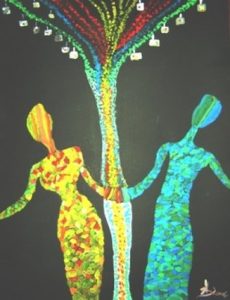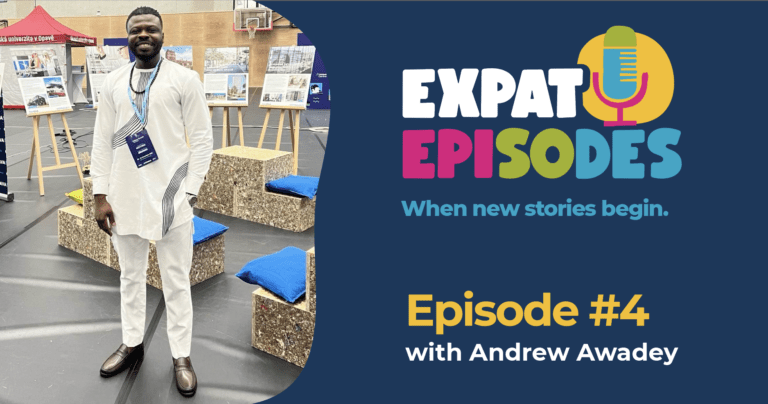THE SCIENCE BEHIND LOVE AND ROMANCE (S)he loves me, (s)he loves me not…
by Andreea, expat living in Ostrava
Love and relationships are two of the most debated topics on the planet. The pandemic brought even more awareness into the major importance of close relationships and intimacy, as those who were single experienced deep loneliness or even depression. I am sure that after the lockdown many of these people will get more intentional about searching for the right one. We have also learned that many couples divorced as the result of spending more time together than their normal routine.
When it comes to relationships we are often puzzled by many questions like: Is falling in love real or is it rather an induced experience by our reproductive system and by sugar coated stories made by poets and heart-shaped chocolates manufacturers? Are we falling in love with the actual person or with the overwhelming dopamine boost which is released into our body as soon as we start making physical contact with someone we feel attracted to? Why am I asking all that? It is because scientists are stating that a brain in love is not much different than a brain on drugs.

What makes relationships last? Are intimate relationships into our lives to make us happy, to entertain us or to stimulate our personal growth? Should a relationship require a constant effort or should it flow naturally? How does one choose a good life partner: according to excitement or according to safety? Or maybe we are choosing the excitement when we are young and the safety when we want to settle down.
One thing is for sure. Studies have shown that the most long-lasting relationships are the ones in which partners feel very relaxed and very free in each other’s presence. Whatever bonds them whether it is their value system, similar backgrounds or similar interests, or amazing chemistry, relaxation is a sign of compatibility as well as of tolerance and acceptance. This also goes hand in hand with another interesting finding which says that trust is one of the strongest aphrodisiacs. The more trustful you are, the more open you are. Our traumas or our very analytical minds are telling us to think that sex and love are very different things. But the amazing fact is that both sex and love are stimulating similar related parts of our brain. No wonder the oxytocin, a neurotransmitter which is released by our bodies when we are being touched is called the hormone of love and trust. I would say that sex and love are like two sides of the same coin. One is easier to achieve and the other one is more demanding to reach and maintain.
Does the myth of perfect romance actually enrich our relationships or does it just create unrealistic expectations which actually burden a it? We can also fall in love with the projection of a perfect love story which we start building into our head from the first five minutes of our first date with someone.
That somehow takes me to the next questions: Is romantic love real love? What kind of stupid question is this you may think? I can explain. When you are in love with someone, you get attached to them, you desire them, you want them to behave in a certain way. You are afraid that one day they may like someone else more than they like you, therefore you can get very possessive or jealous. So, can romantic love be unconditional? Is there a way to step aside from the strong instincts to look beyond our attachments and fears and to watch our partners as people who should have their own freedom and to stimulate them towards what suits their best interest despite our pain? 
Relationships, like any other creation on this planet, grow or they die. People who cannot grow together separate or become two strangers sharing the same space. I personally believe that no matter how far the knowledge of the human brain advances, we are never going to completely decode the complex multilevel process of how human bond is built or why we feel for certain people. And I guess it’s perfectly fine, love and a
little bit of mystery make a great combo. But the more we understand our biology, our psychology, the more we can improve the quality of our relationships. Until next time, let me wish you happy meaningful relationships!


